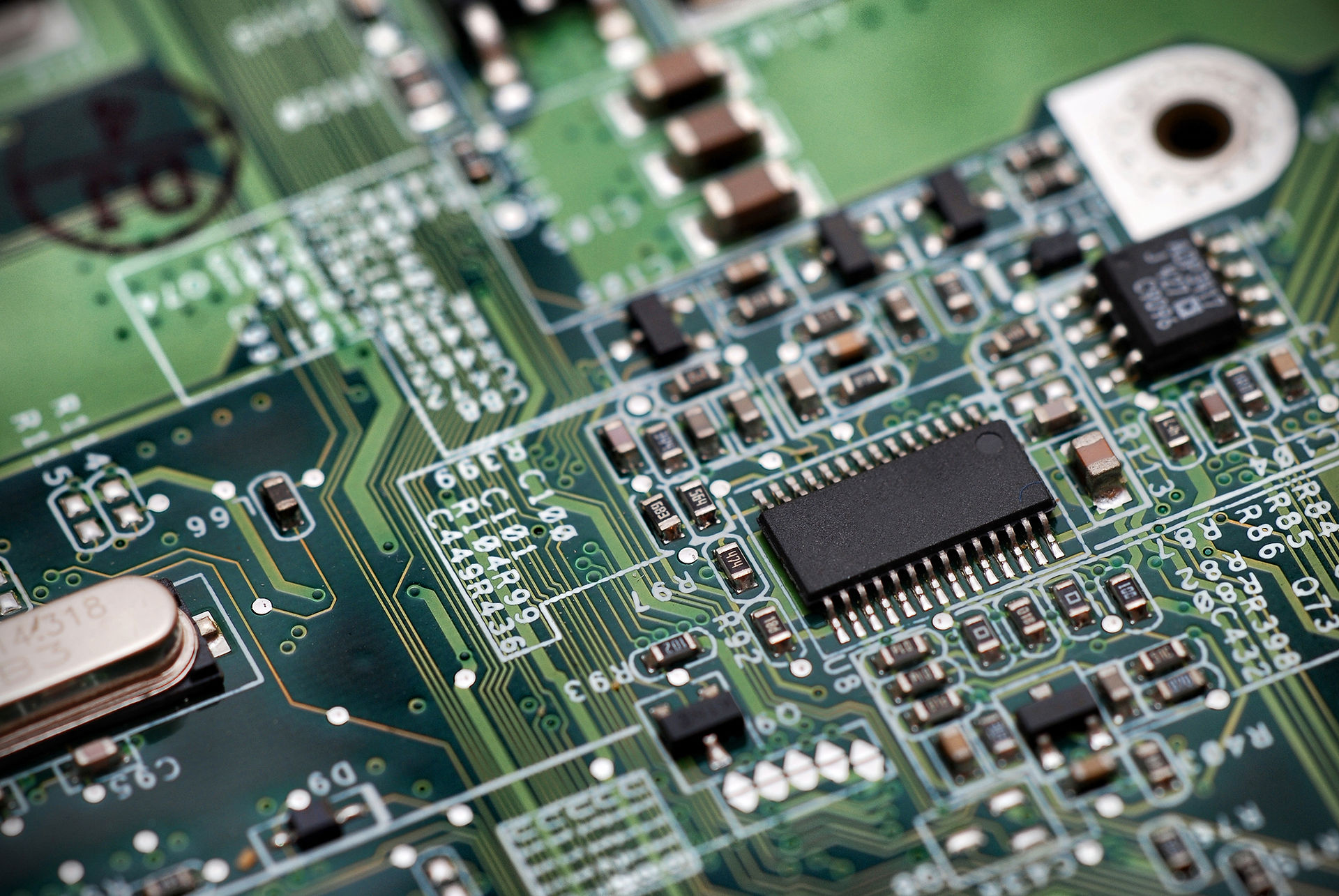What Is E-Waste and Why Free Computer Recycling Matters for Every Community
- Gamma2 Access
- Sep 12
- 3 min read

A few weeks ago, a local family brought in a stack of old laptops. They had been sitting in the corner of a closet for years, untouched but not forgotten. The father admitted he had hesitated, unsure whether recycling them was worth the effort. When those laptops left his home and entered Agape Computer and Electronics Recycling’s care, they transformed from clutter into possibility. This is what responsible recycling looks like in practice: everyday decisions with extraordinary ripple effects.
In a digital economy where technology moves faster than most of us can keep up, the question is no longer whether we generate electronic waste, but how we choose to respond to it. At Agape, we believe that answer carries both environmental and human meaning.
Table of Contents
The Hidden Costs of a Digital World
Every year, millions of devices are replaced, upgraded, or discarded. For households, this might look like a forgotten tablet tucked in a drawer. For businesses, it often means rooms filled with outdated monitors and desktops that slowly fade from memory.
When electronics are thrown away carelessly, they release toxic substances that can harm soil, water, and human health. Yet the deeper concern is not only the damage. It is the lost chance to reclaim metals, plastics, and parts that still hold value—resources that could help reduce the pressure on fragile ecosystems.
Defining E-Waste in Human Terms
People often ask, what is e-waste? The technical answer is simple: any discarded electronic device. But the human side of the story is more revealing. A computer left unused in one household might contain vital materials that, once recovered, could supply the next generation of technology.
At Agape, we remind communities that e-waste is not garbage. It is a resource, waiting to be handled responsibly. The difference lies in whether people have access to the right solutions and trust the organizations that provide them.
Why Free Computer Recycling Creates Broader Value
Cost is one of the biggest barriers to recycling. If people need to pay to dispose of their devices, many simply avoid it. By offering free computer recycling, Agape makes it easier for households and small businesses to do the right thing. That decision, multiplied across a city, creates measurable impact.
The benefits ripple outward. Landfills shrink, natural resources last longer, and communities can breathe a little easier knowing their old devices are no longer a silent hazard. It is proof that accessibility is not a small detail—it is the turning point that makes sustainability real.
Beyond Disposal: Turning Devices Into Social Good
Recycling is not the end of the story. At Agape, donated phones and computers often go on to serve a greater purpose. Cell phones that seem outdated to one person become a lifeline for survivors of domestic violence. For those facing crisis, a recycled phone is not just an object, it is a connection to safety.
This work highlights a simple truth: environmental responsibility and human compassion are deeply connected. When recycling creates second chances, it carries meaning far beyond material recovery.
Building Trust Through Responsible Partnerships
Communities need more than recycling centers. They need partners who act with care, especially when sensitive data is involved. Agape provides transparency from start to finish, ensuring that data is securely sanitized and materials are responsibly processed.
For businesses and individuals, this builds confidence. For society at large, it builds momentum. Trust is what turns one family’s decision to recycle into a larger culture of accountability.
Conclusion
The question of what is e-waste is more than a matter of definitions. It reflects how seriously we take our responsibility to future generations. By making free computer recycling widely accessible, Agape Computer and Electronics Recycling ensures that environmental protection is not a privilege but a shared opportunity.
That family’s laptops were not just recycled—they became part of a broader story. When we choose to recycle responsibly, we create outcomes that matter not just for the planet, but for the people living on it.
Frequently Asked Questions (FAQs)
1. What is e-waste in simple words? It is any electronic device that has been discarded, from phones to computers.
2. Why is free computer recycling helpful? It removes cost barriers so more people can recycle responsibly.
3. How does Agape handle data? All devices are sanitized to protect personal and business information.
4. What happens to recycled electronics? Materials are recovered and repurposed, and some devices are donated to community programs.
5. Does Agape support social causes? Yes. Donated phones often go to organizations that help survivors of domestic violence.
6. Can companies also use Agape’s recycling services? Yes. Businesses benefit from secure disposal, compliance, and a lighter environmental footprint.






Comments